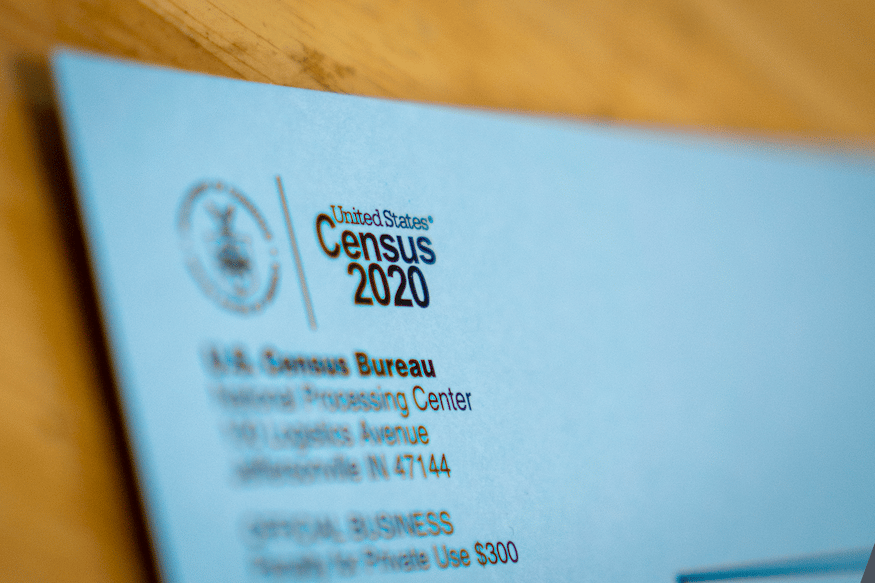Denverites are doing a good job at filling out their Census with an extra congressional seat at stake while Colorado as a whole lags behind other states, according to data from the United States Census Bureau.
Denver ranks at sixth among large cities in terms of "self-response." That's when people answer Census questions by mail, phone or internet without being nudged by Census workers. Those households account for about 69 percent of all responses, according to the most recent available data.
The U.S. Census Bureau could not provide the total rate of responses on a citywide level. However, with a month of counting left -- a judge on Friday blocked President Trump's bid to end the count early -- Denver's self-response rate is approaching its total from 2010.
Statewide, the percentage of people who responded by mail, phone or internet was slightly higher. But overall, 98.8 percent of Colorado households have responded to the Census -- a high rate on its face but good for a ranking of just 38th in the country.
Colorado probably deserves an eighth seat in Congress because of its growth. Those chances hinge on how many people fill out the brief questionnaire, said Emily Kelley, a spokesperson for the U.S. Census's Denver-Dallas region.
"If, for instance, Colorado's numbers are lower than another state's and another state's numbers are higher, it is possible that seats will change hands and moves to another state," Kelley said. "To ensure that you are adequately represented in Congress, that Census questionnaire only takes a couple of minutes."
In addition to another rep in D.C., $13 billion a year in federal money for the state is at stake, according to the Colorado Bureau of Local Affairs.
City officials had a strategy to get a complete count. Then the pandemic made them pivot. And the count is still going on.
Since 2018, local, federal and state officials aimed to combat indifference, distrust of the government and misinformation and increase turnouts in minority and low-income neighborhoods. And then COVID-19 hit -- just as the count began.
Kaye Kavanagh, the Census coordinator for the Denver Department of Human Rights and Community Partnerships, said the plan changed when talking to people in person became a potentially dangerous thing. Census workers began emphasizing the online version of the survey, for example.
"Could we do more? Yes. I mean, we all could always do more," Kavanagh said. "But I feel good about the work that we put in to do digital outreach and in-person outreach as much as we could with social distancing and wearing masks and all those things."
The vast majority of Denverites who filled out the survey without the help of a Census worker did so online, with only 12 percent choosing the mail-in and phone options, according to U.S. Census Bureau data.
City Councilwoman Debbie Ortega, who co-chairs Denver's Complete Count Committee, regularly urges people to fill out the Census so the city and state get their fair share of tax dollars and congressional representation. While undocumented immigrants and others may distrust the government, Ortega said the Census is aggregated data, not personal data shared with federal agencies.
The Census "is basically a headcount of who are we are, how many people live in the U.S., where we are," Ortega said. "None of the household data is shared with federal agencies (including the president)."
Following Friday's ruling, Coloradans now have through October 31 to complete the Census.
This article has been updated to reflect newer data regarding statewide census returns.













